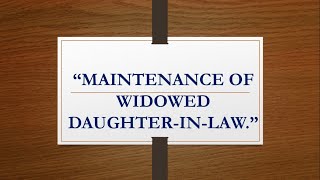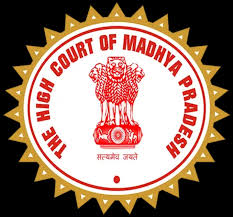@JUDGMENTTAG-ORDER
M.M. Sundresh, J.@mdashThe petitioner herein is working as an Art Master with the 1st respondent School. In pursuant to the disciplinary proceedings initiated, the petitioner was imposed with the punishment of stoppage of increment for one year without cumulative effect. Challenging the said order, the petitioner filed an appeal in C.M.A. No.78 of 2007 on the file of Principal Sub Judge, Coimbatore without approaching the competent authority viz., the 4th respondent. The appeal filed by the petitioner in C.M.A. No.78 of 2007 was dismissed on the ground of non-exhausting the alternative remedy before the 4th respondent. Thereafter, the petitioner filed an appeal before the 4th respondent being the statutory appellate authority. Basing reliance upon Section 43 of the Tamil Nadu Recognised Private Schools (Regulation) Act, 1973, the appeal petition filed by the petitioner challenging the order dated 22.3.2006 passed by the 1st respondent was dismissed on the ground of delay. Challenging the same, the present writ petition has been filed.
2. Learned counsel appearing for the petitioner submitted that Section 43 of the Tamil Nadu Recognised Private Schools (Regulation) Act, 1973 cannot take away the right of the petitioner to file the appeal. The said provision will have to be termed as directory and not mandatory with respect to the period mentioned therein. As the petitioner was pursuing the remedy before the Principal Subordinate Judge, Coimbatore in C.M.A. No.78 of 2007, the appeal filed by the petitioner ought to have been decided on merit.
3. Learned counsel appearing for the 1st respondent submitted that even the appeal filed by the petitioner before the Principal Subordinate Judge, Coimbatore in C.M.A. No.78 of 2007 was made after considerable delay. As the petitioner has approached the 4th respondent belatedly, no interference is required with the order impugned.
4. A procedural law is meant in aid of rendering justice, which is to be done by following the substantive law. Therefore, this Court will have to construe Section 43 which deals with the period of limitation by not restricting the period mentioned therein as mandatory. Even otherwise by applying the Section 14 of the Limitation Act, the petitioner, having approached a wrong forum bonafidely, by way of a wrong advice, cannot be denied an adjudication on merit. After all what the petitioner seeks is an adjudication on merit. Therefore, this Court is of the view that the Order passed by the 4th respondent is liable to be interfered with for the purpose of giving an opportunity to the petitioner to put forth his case. Though the learned counsel for the petitioner has made submission on merit to the effect that the charge framed against he petitioner itself is not maintainable as the petitioner was asked to attend to the Saraswathi pooja during the declared holiday, this Court is not inclined to go into the said issue, as the 4th respondent has to consider the same on merits and pass orders in accordance with law. In such circumstances, it would be suffice to set aside the order impugned with a direction to the petitioner to re-present the appeal papers. Accordingly, while setting aside the order impugned, the petitioner is directed to re-present the appeal papers within a period of four weeks from the date of receipt of copy of this order. As and when the same are re-presented by the petitioner before the 4th respondent, the 4th respondent has to decide the appeal on merits and in accordance with law within a period of four months thereafter after affording an opportunity of hearing to the petitioner as well as the 1st respondent.
5. The writ petition is allowed accordingly. However, there is no order as to costs.

